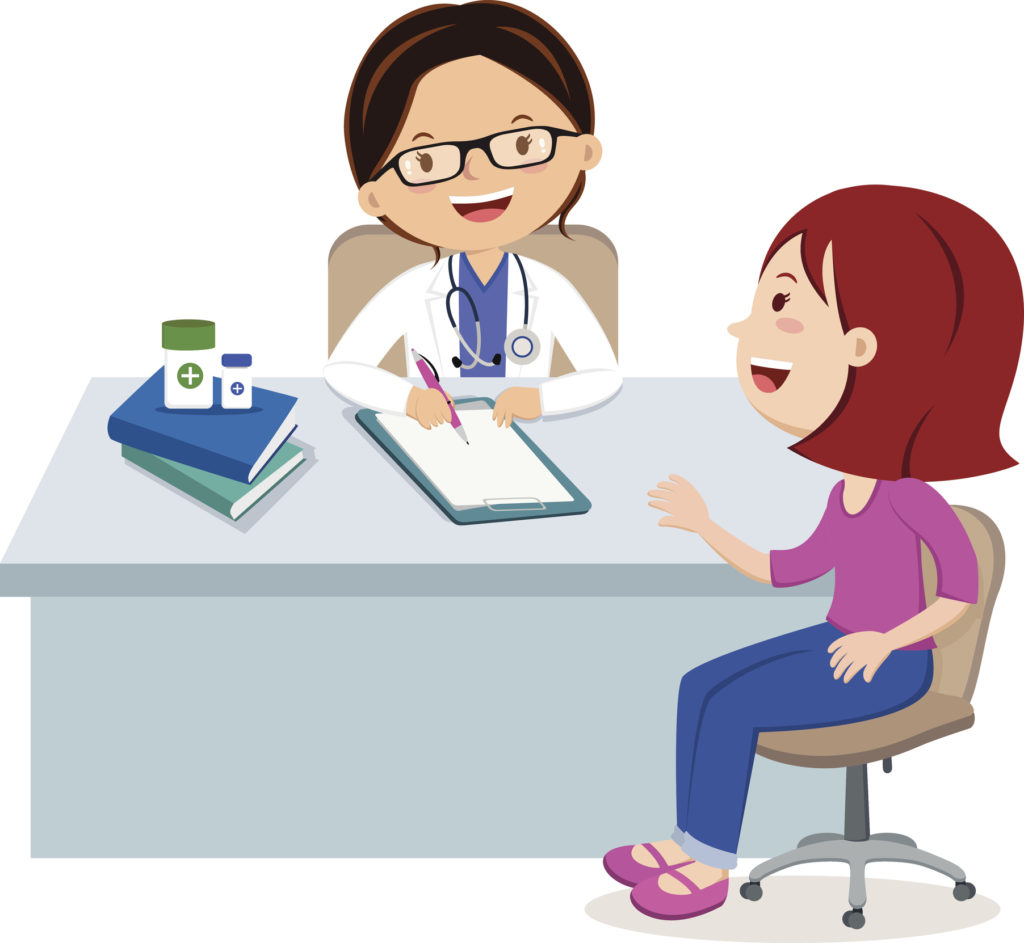
The Internet has changed not just how patients get medical information but also how we relate to doctors. In fact, according to a 2012 study, researchers reported almost 70 percent of patients said they were planning to ask their doctor questions about the information they found online, and about 40 percent said they had printed out information to bring to their appointment. That number has probably grown as people increasingly turn to the Internet for information.
Researching health information can benefit both you and your doctor by making you partners in your care. But not all information on the Internet is worthwhile or even true. Here are some tips on collecting the right information and sharing your research during a medical appointment.
Finding Helpful Information
The Internet allows you to gather clear, current, and accurate medical information, but not all websites are reliable. For instance, some websites may post incorrect or out-of-date medical information or link to advertisers who are trying to steer you toward a specific treatment. Other sites may promote ideas that fly in the face of scientific evidence, potentially harming people who rely on them. As a general rule, websites sponsored by federal agencies — such as the National Institutes of Health and MedlinePlus — have information that's simple to understand and based on the latest medical research.
Getting Ready for Your Appointment
To get the most out of your time with your doctor, plan ahead:
- If you find medical information online that you want to discuss, print out only the most relevant parts.
- As you read through your materials, write down or highlight any confusing words or information. Ask your doctor to review any medical research with you.
- Make a list of questions, and prioritize them so that you get to the most important ones first. If you don't have time to discuss everything, ask whether you can follow up by email or phone.
- Remember: the sources you read will not go as deeply or thoroughly into any topic as the education and training your doctors receive, so carefully consider your doctor’s answers to your questions.
Avoiding Self-Diagnosis
While the Internet is a good source of useful health information, it is no substitute for a trained medical professional who knows your health. It's good to do your homework, but you also need to be ready to listen to your provider's advice so you can work together and make educated choices about your health care.

